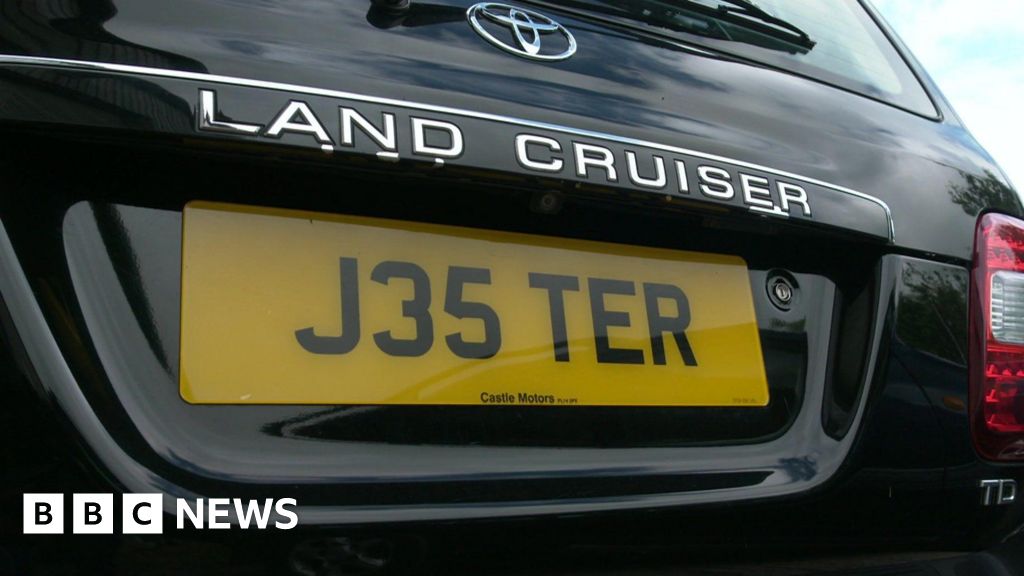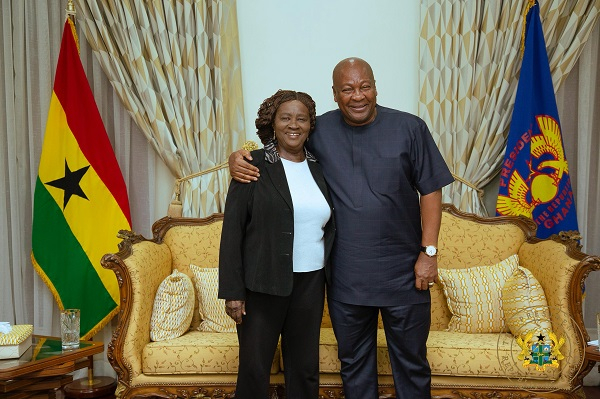Abdul: Innovation is Expanding Frontiers of Gospel Music in Nigeria - THISDAYLIVE
Top Nigerian AfroGospel music artiste and record label owner, Mike Abdul, in this interview speaks on Nigeria’s gospel music industry, his songs and future plans. Excerpts
Thank you. I’m really grateful for how those songs connected with people. I see my music in layers, and one of those is what I call the “street department.”
That’s where we connect with everyday people—bring joy, push positive values, and share the gospel in a way that feels familiar and relatable. Music that the people understand, sounds they already vibe with.
Right now, something fresh is on the way—it’s energetic, bold, and full of character. I’m excited for people to hear it. It’s something else entirely. It is called Fuji Rush.
Fuji Rush is built on strong percussion. It’s intense and rhythmic, but it also has a base. It’s not just about the beat—it’s energetic, layered, and musical.
It’s Fuji at its core, but with elements of pop and other genres woven in. What’s interesting is how gospel is now pushing the boundaries of Fuji, which traditionally wasn’t seen as gospel-friendly. That shift is exciting. Rap has done it. Afrobeat has done it. Fuji Rush is doing it. (Hahaha)
This isn’t about keeping gospel music in a corner—it’s about going into the culture, speaking the language of the streets, and flipping the narrative. That’s the energy Fuji Rush is bringing.
It’s been a good year. We’ve seen results from the work we put in last year, especially with Ojoro. I honestly didn’t think churches would start singing it, but it’s happening—and that says a lot.
It shows that the language and style people thought were too “outside” for church are now becoming part of the message. We’ve managed to make that crossover, and it’s beautiful to see. We’re not borrowing from the streets anymore—we’re owning the conversation.
The first half of the year has been strong. I’m looking forward to what’s coming next.
It’s a good thing. If people can tell that there’s something unusual about my style but still get the message, then it’s working.
That tells me the innovation is doing what it’s supposed to do—helping the message reach people in new ways. And if it’s working, we’re encouraged to do more. That’s the idea.
Absolutely. The numbers say it all. If you check streaming platforms, the reach and impact are massive. Nigerian music is making waves globally, and gospel music, Afrogospel, is part of that story.We’re not just seeing growth—we’re seeing influence.
Yes, there’s progress, but there’s still a lot of work to do.
We’re not where we used to be, which is great, but we’re not where we want to be yet. Personally, I want to see stadiums filled with people showing up for gospel music. I want to see gospel influencing the whole entertainment space.
Imagine if gospel music became the standard—that if you’re not involved in it, audiences don’t even engage. That’s the kind of shift I’m aiming for. We’ll get there. I want to be part of that movement.
It will evolve, no doubt. People change, culture changes—music has to change with it. The gospel will always find a way to connect. It’s built for that. AfroGospel will adapt, grow, and stay relevant. And as long as there are people to reach, it’ll keep doing what it was meant to do—create real change.
It was a great feeling—like, “Wow, I made it.” But at the same time, I realized the real work had just begun.
Everything before that point felt like preparation—learning, discipline, trying things out. But after the breakthrough, it became more than just making music. It became about purpose.
Now it’s about setting goals, building something meaningful, and staying consistent. That’s when I knew this wasn’t just talent anymore—it was responsibility.
Not really. Quitting doesn’t cross my mind. Challenges come, yes, and sometimes it feels like you’ve hit a wall. But for me, that’s usually a sign that there’s another level ahead.
Obstacles excite me. They’re reminders that growth is still happening. That’s how I see it.
Discipline is key. Marriage isn’t something you just do because everyone’s doing it—it’s a serious decision.
You need to understand what it requires and respect it. I try to keep work separate from family. Home is a safe space, and I protect that. If family members want to contribute to what I’m doing, that’s fine, but I never impose it. Boundaries matter.
If nobody knows it, then maybe that’s how it should stay. (Hahaha) Let’s leave some things as a mystery.











